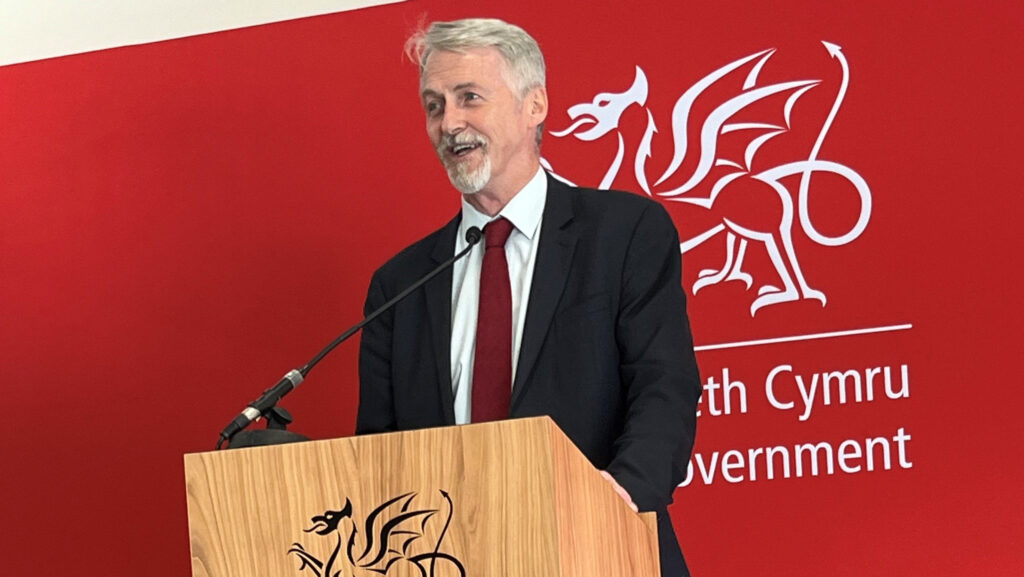NFU Cymru calls for £79m uplift in BPS funding
 © Debbie James
© Debbie James Pressure is being put on the Welsh government to increase the Basic Payment Scheme (BPS) budget by £79m for 2025.
With a one-year delay to the rollout of the Sustainable Farming Scheme (SFS) – now expected in 2026 – the government has committed to continue paying farmers the BPS in full next year.
As farmers gathered in Llanelwedd on Sunday (21 July) ahead of the Royal Welsh Show, NFU Cymru called for the budget to rise to £317m.
See also: Royal Welsh sees return of poultry after bird flu ban
The union’s president, Aled Jones, said this sum was needed to keep pace with inflation alone.
Guarantees on environmental scheme funding are also being sought.
“NFU Cymru believes that Welsh farming now needs a minimum budget of £500m annually to take account of inflation and to help ensure that our ambitions in relation to food, climate and nature can be met,” said Mr Jones.
With £62m shaved from the rural budget last year, to help plug a shortfall in the overall Welsh budget, the union knows it will need to make a strong case for that increase.
No mention of funding
The Labour party’s election manifesto was silent on the issue of funding for UK agriculture.
In response, Mr Jones has called on the new government in Westminster to “look afresh” at its budgetary allocation for UK agriculture, to restore its real-term value.
This budget, he said, had been “significantly eroded” by very high rates of agricultural inflation.
Speaking at the showground on Sunday, Wales’s rural affairs minister Huw Irranca-Davies said he would announce details of the budget later this year.
